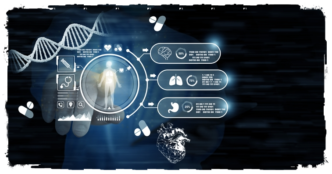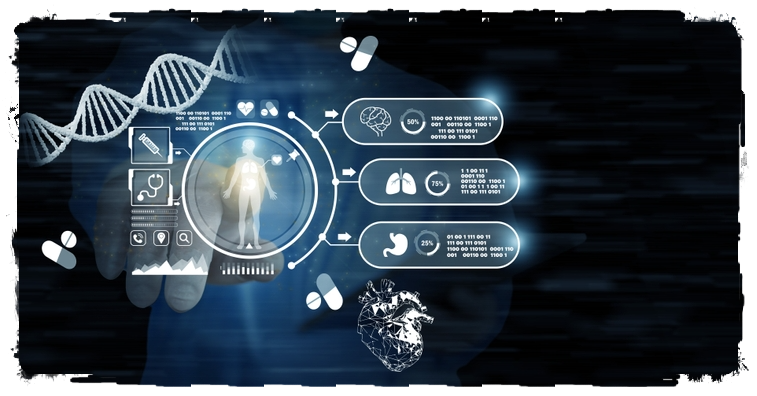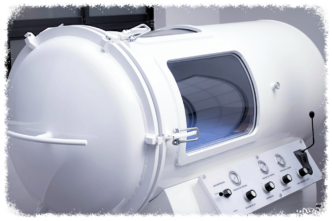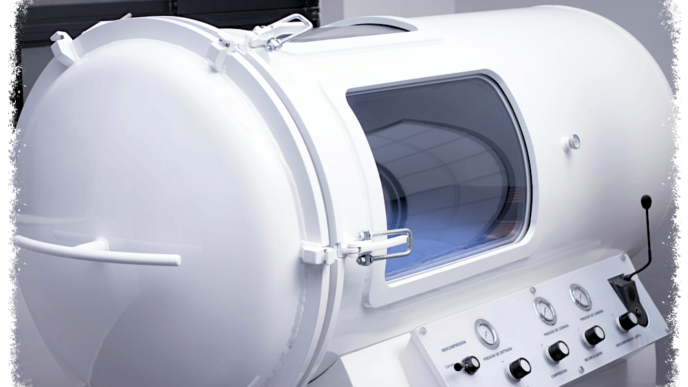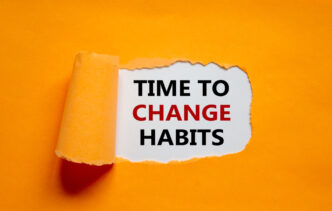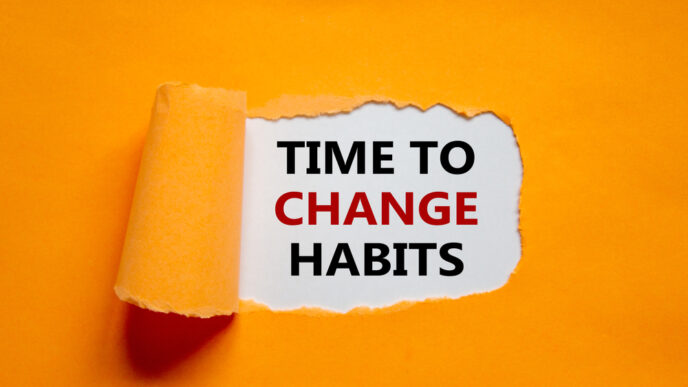WORDS LIM TECK CHOON
Home healthcare services aren’t a new concept, but they have undergone a swift
boom during the COVID-19 pandemic.
When hospitals were overburdened with patients and people were advised to stay at home whenever possible, various healthcare facilities and private entities began offering a wide range of high-quality care options that would be made available right in one’s home.
Even after the pandemic, home healthcare services are here to stay… and becoming a
bigger mainstay in healthcare, in fact!
HOW THE INTERNET OF THINGS CHANGED HOME HEALTHCARE FOR THE BETTER
| FEATURED EXPERT DR NG XUN JIN General Manager Sunway Home Healthcare |
“The bulwark of the advancement in home healthcare services, is the internet of things or IoT for short,” says Dr Ng Xin Jun, the General Manager of Sunway Home Healthcare.
In the context of medicine, IoT is also called the internet of medical things.
What Is IoT?
- Simply put, it is a network of interconnected medical devices, sensors, and software that can collect, transmit, and analyze health-related data.
- IoT improves patient care, streamlines medical processes, and enhances overall healthcare delivery.
IoT WEARABLES ALLOW FOR REAL-TIME MONITORING FROM THE COMFORT OF HOME
- IoT wearables are devices that can track vital signs, activity levels, and other metrics in real time.
- Examples include ‘smart’ glucose monitors and blood pressure monitors, which are available in most pharmacies in Malaysia.
- Health metrics that are measured will be sent over the internet to a cloud server.
- In this way, healthcare providers such as doctors, pharmacists, and others can monitor the wearable user in real time without requiring the person to leave their home.
| Click here for a more detailed article on how smart glucose monitoring is revolutionizing how we monitor our blood glucose levels at home. |
OTHER EXAMPLES OF HOW IoT IMPROVES HEALTHCARE
Medication Management
- ‘Smart’ pill bottles and dispensers have sensors that will help remind patients, through an app in their phone, to take their medications on time.
- These sensors also allow doctors and pharmacists to track whether the patient is taking their medications correctly!
Management of Hospitals, Clinics, and Other Facilities
- While this doesn’t directly apply to home care, IoT devices allow many time-consuming healthcare facility management tasks to be carried out in much shorter time and higher accuracy.
- Examples include locating and managing medical equipment, ensuring efficient use of resources, monitor hospital conditions (temperature, air quality, etc), collect vast amounts of patient data for analysis and making informed medical decisions, and more.
| This article is part of our series on the medical innovations. |

